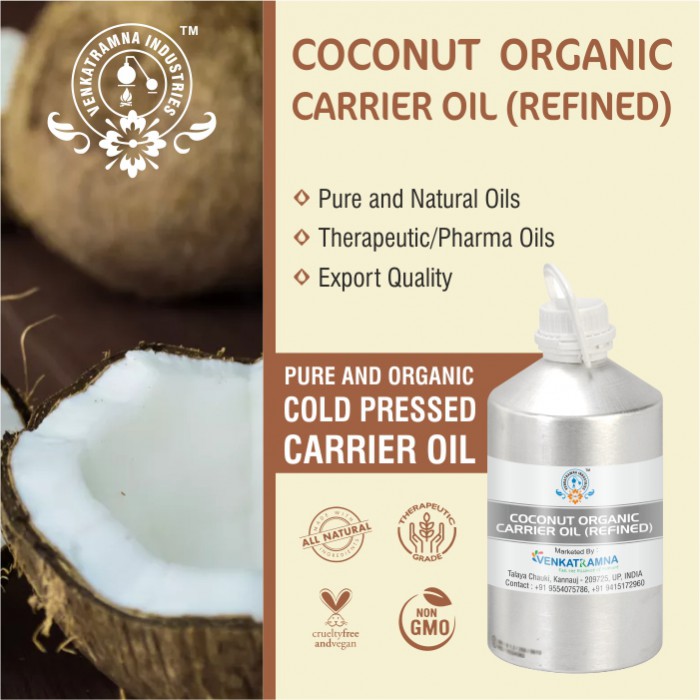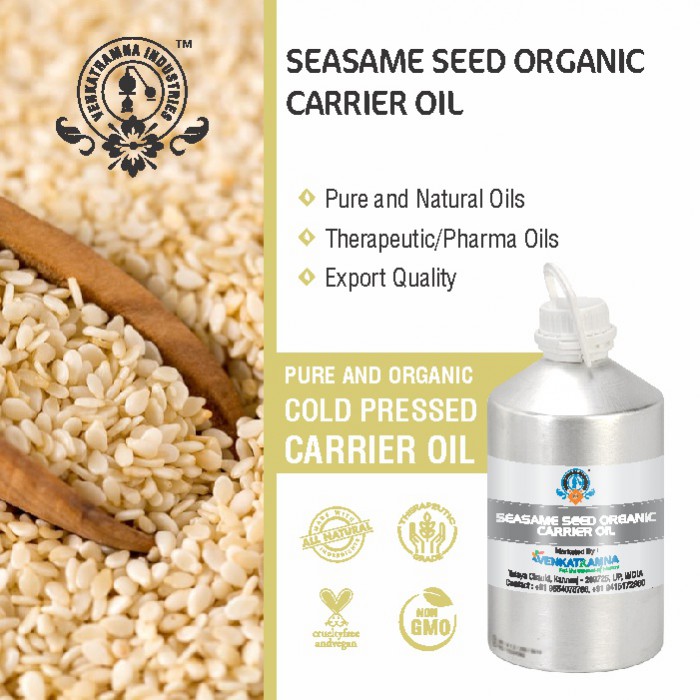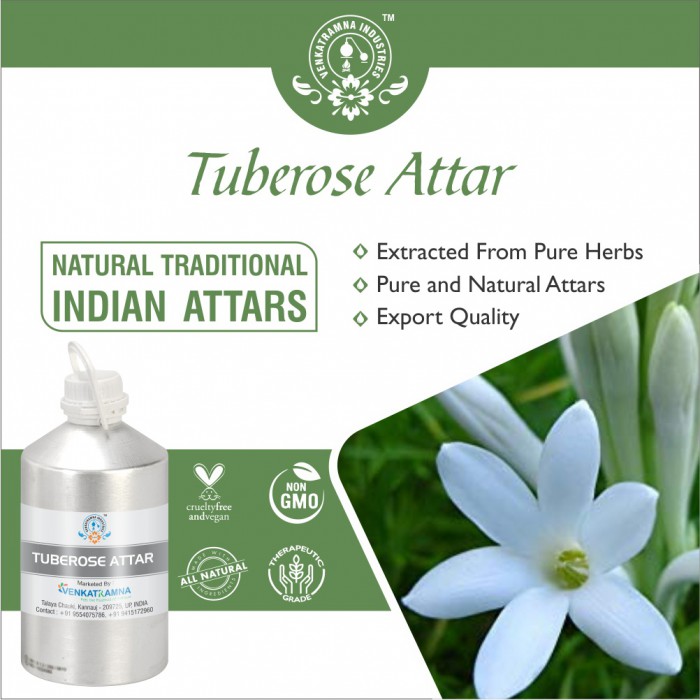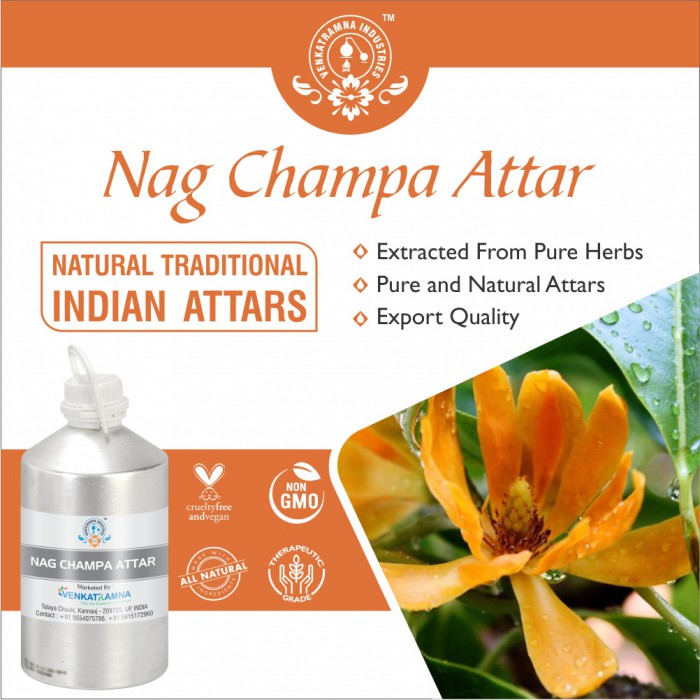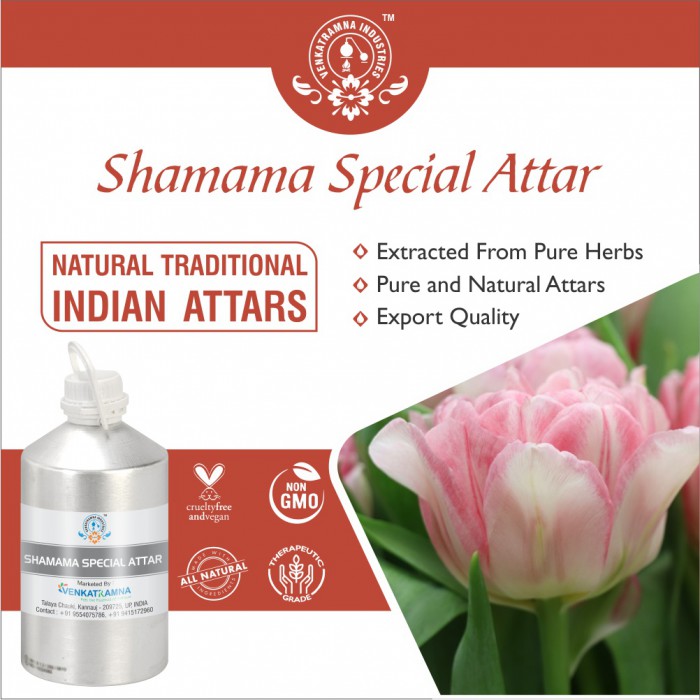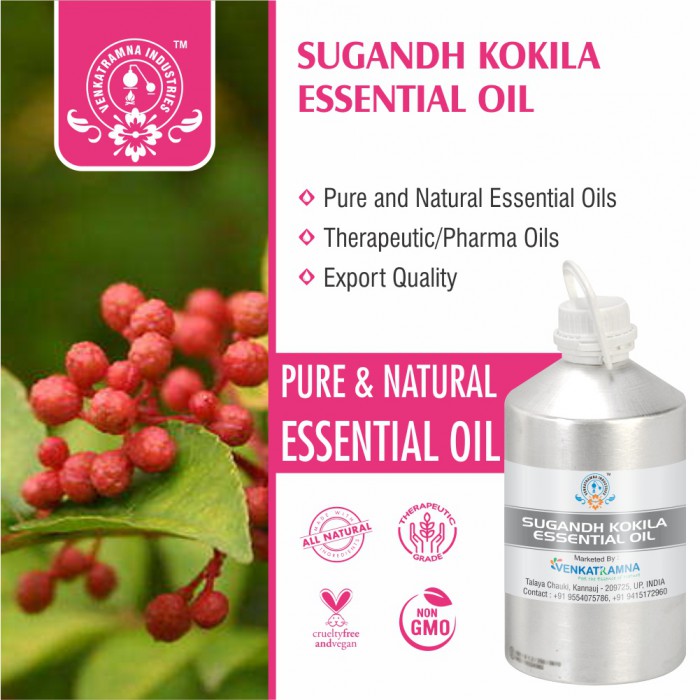Botanical Name : Coffee arabica L. Common name: Coffee Plant family: Read More
|
Botanical Name : |
Coffee arabica L. |
|
Common name: |
Coffee |
|
Plant family: |
Rubiaceae |
|
Genus: |
Coffee |
|
Appearance/Color: |
Dark brown liquid |
|
Odor: |
Powerful rich aroma of fresh ground roasted coffee beans |
|
Blends With: |
Ambretee Seeds, Amyris, Blasam of Peru, Black Pepper,
Clove Bud, Cocao Absolute, Ginger Fresh, Jasmine Grand Absolute, Labdanum
Absolute, Lavender Bulgarian, and High Attitude, Patchouli Dark, Sandalwood
Absolute, Vanilla Bourbon Co2, Vetiver. |
|
Origin: |
Brazil |
Coffee (Coffea sp.) is a
perennial plant widely cultivated in many tropical countries. It is a cash crop
for millions of small farmers in these areas.
The coffee beverage treasured by
millions of people around the world results from roasted seeds of trees belonging
to the botanical family Rubiaceae, genus Coffea. Coffee plants were
discovered in Africa and eventually disseminated to countries throughout the
world. Along this journey, several new cultivars have been created from
selected varieties to fulfil the need for plants with higher productivity,
resistance to diseases and superior cup quality, and over time, new wild
varieties have been discovered as well. Currently, over 100 species within the
genus Coffea are catalogued. Despite this diversity, only two
species are actually of great importance in the world market, C.
arabica L. and C. canephora Pierre. Knowing the genetic origin
of coffee varieties and cultivars within these two species is important to
understand the main differences and similarities in their chemical composition
and flavor.
Since its discovery, coffee has attracted the attention of explorers and botanists from all over the world, especially in the second half of the 19th century, when many new species were discovered. Because of the great variation in the types of coffee plants and seeds, botanists have failed to agree on a precise, single system to classify them or even to designate some plants as true members of the Coffee genus.
DISCLAIMER
The complete range of conditions
or methods of use are beyond our control therefore we do not assume any
responsibility and expressly disclaim any liability for any use of this
product. Information contained herein is believed to be true and accurate however,
all statements or suggestions are made without warranty, expressed or implied,
regarding accuracy of the information, the hazards connected with the use of
the material or the results to be obtained from the use thereof. Compliance
with all applicable federal, state, and local laws and local regulations
remains the responsibility of the user.
The FDA has not evaluated the
statements on this website. No claims are made by Venkatramna Industries as to
the medicinal value of any products from vriaroma.com or by us. The information
presented here is for educating our customers about the traditional uses of
essential oils and is not intended to diagnose, treat, cure, or prevent any
disease. You are responsible for understanding the safe application of these products.
If you have any questions, please call or email us for further information.
As per NAHA guidelines, New Directions Aromatics (NDA) does not recommend the ingestion of essential oils. It is imperative to consult a medical practitioner before using Essential Oils for therapeutic purposes. Pregnant and nursing women and those taking prescription drugs are especially advised not to use this product without the medical advice of a physician. The oil should always be stored in an area that is inaccessible to children, especially those under the age of 7.
Dried seeds "beans" are
roasted, ground, and brewed to make one of the two most important beverages in
the western world. In its native Ethiopia, used as a masticatory since ancient
times, it is also cooked in butter to make rich flat cakes. In Arabia a
fermented drink from the pulp is consumed. Caffeine has been described as a
natural herbicide, selectively inhibiting germination of seeds
of Amaranthus spinosus. Caffeine is a widespread additive in
over-the-counter diet pills, pain killers, and stimulants.
Coffee Essential Oil in Pharma
Coffea arabica, a source
of caffeine, is an important cash crop in Cameroon, and a decoction of the
leaves in water is used as an antimalarial remedy. Coffee berry (Coffea arabica L.) is a
natural ingredient that has promising efficacy in the topical treatment of
oxidative stress-induced pathologies (e.g., premature skin aging, dermatoses),
and its seed oil is widely used in cosmetic formulations. Indeed, it was
recently shown that Coffea arabica leaf extract, naturally
rich in polyphenols, can prevent photo-damage in skin.
Essence of Coffee Essential
Oil
Coffee is widely used as a
flavoring, as in ice cream, pastries, candies, and liqueurs. Source of
caffeine, dried ripe seeds are used as a stimulant, nervine, and diuretic,
acting on central nervous system, kidneys, heart, and muscles. Indonesians and
Malaysians prepare an infusion from dried leaves. Coffee pulp and parchment
used as manures and mulches and is occasionally fed to cattle in India. Coffee
with iodine is used as a deodorant.
COMMON USAGE
·
Antioxidant
·
Anti-depressant
·
Respiratory aid
·
Aid to fight nausea
·
Aromatherapy
·
Increases appetite
·
Prevents cancer
·
Reduces inflammation
·
Natural therapy for bug stings
·
Prevents allergies
Ingredients:
|
S.No |
Key Constituents |
Strength (%) |
|
1 |
Palmitic acid |
30-36 |
|
2 |
Oleic acid |
7.5-10.5 |
|
3 |
Stearic acid |
7.5-9.5 |
|
4 |
Linoleic acid |
40-46 |
|
5 |
Arachidic acid |
2-2.38 |
·
Solubility in water: Insoluble
·
Solubility in Alcohol: Soluble
·
Density: 0.92-120 g/ml
·
Moisture: 2.0 %
TOXICOLOGICAL
INFORMATION
Safety Summary
·
Hazardous: Not Known
·
Contraindications: Do not take the coffee
essential oil internally. Kids and pregnant women should not use it without a
physician’s approval. You also need to see if you are allergic to it before
applying the oil to the skin.
Systemic Effects
·
Skin corrosion/irritation: No Additional Data Available.
·
Reproductive toxicity: Not specified
·
STOT-single exposure: Not specified
·
STOT-related exposure: Not specified
·
Interactive effects Not specified
·
Aspiration Hazard: No Data Available
ECOLOGICAL
INFORMATION
·
Toxic
to aquatic organisms, may cause long term adverse effects in the aquatic
environment.
·
Results of PBT and vPvB assessment
o
PBT: Not applicable.
o
vPvB: Not applicable.
·
Persistence and degradability No further
relevant information available.
·
Bio-accumulative potential No further relevant
information available.
·
Mobility in soil No further relevant information
available.


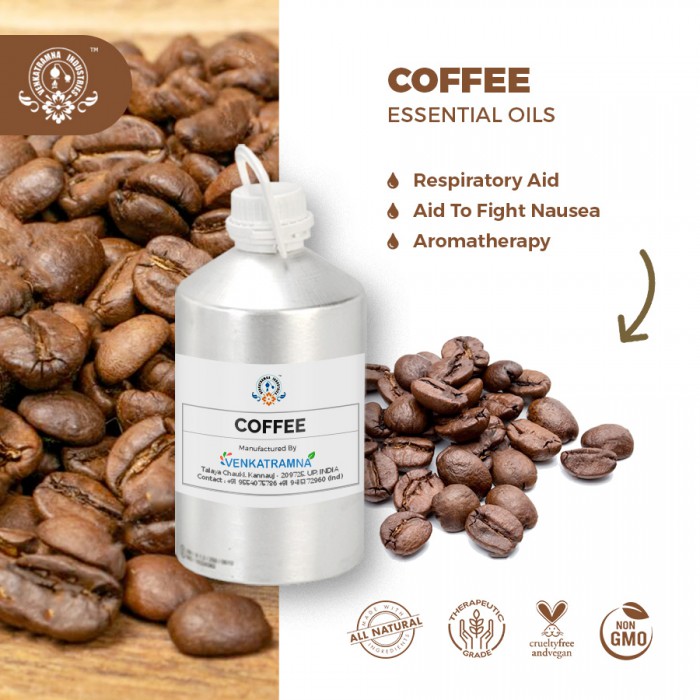
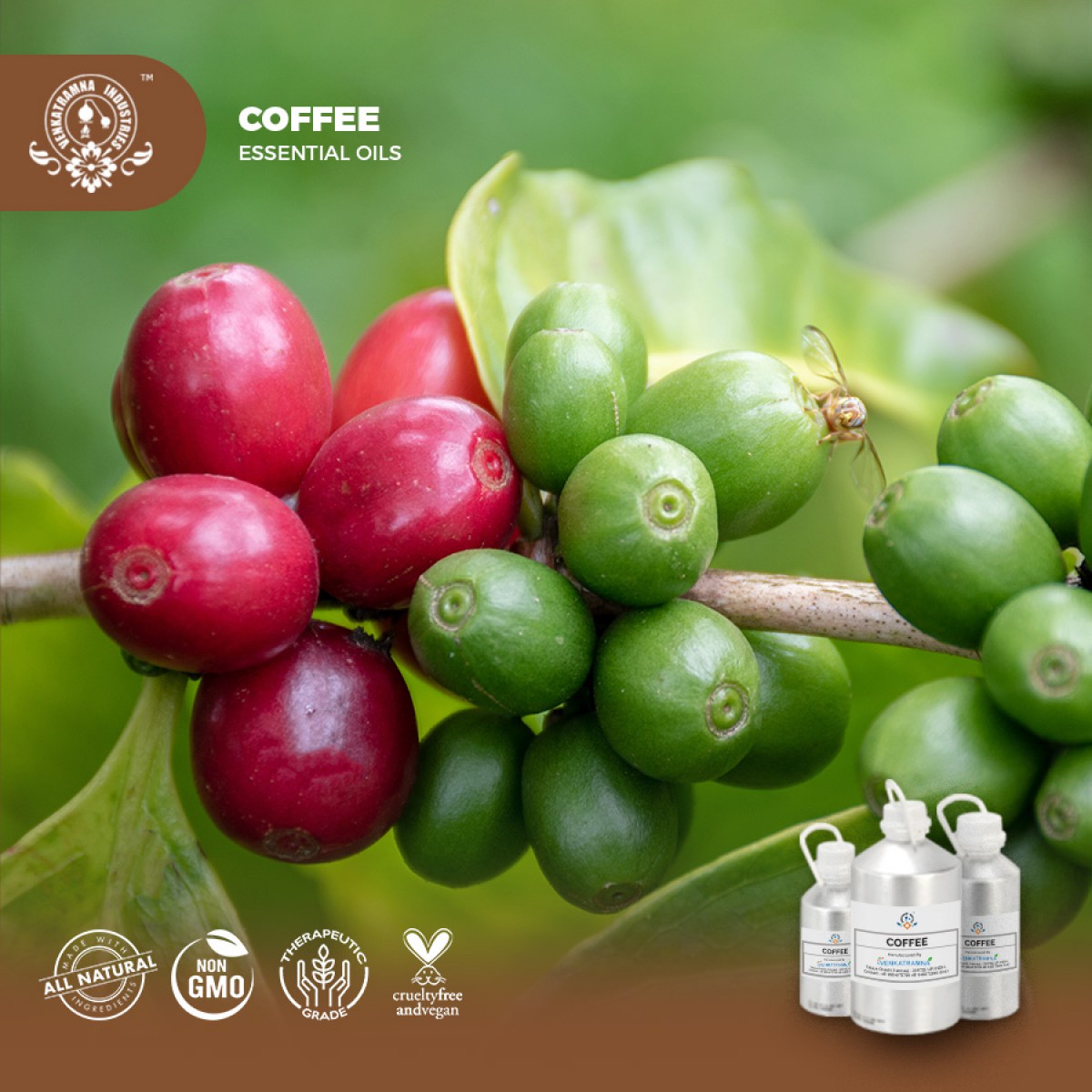

 MSDS-coffee.pdf
MSDS-coffee.pdf